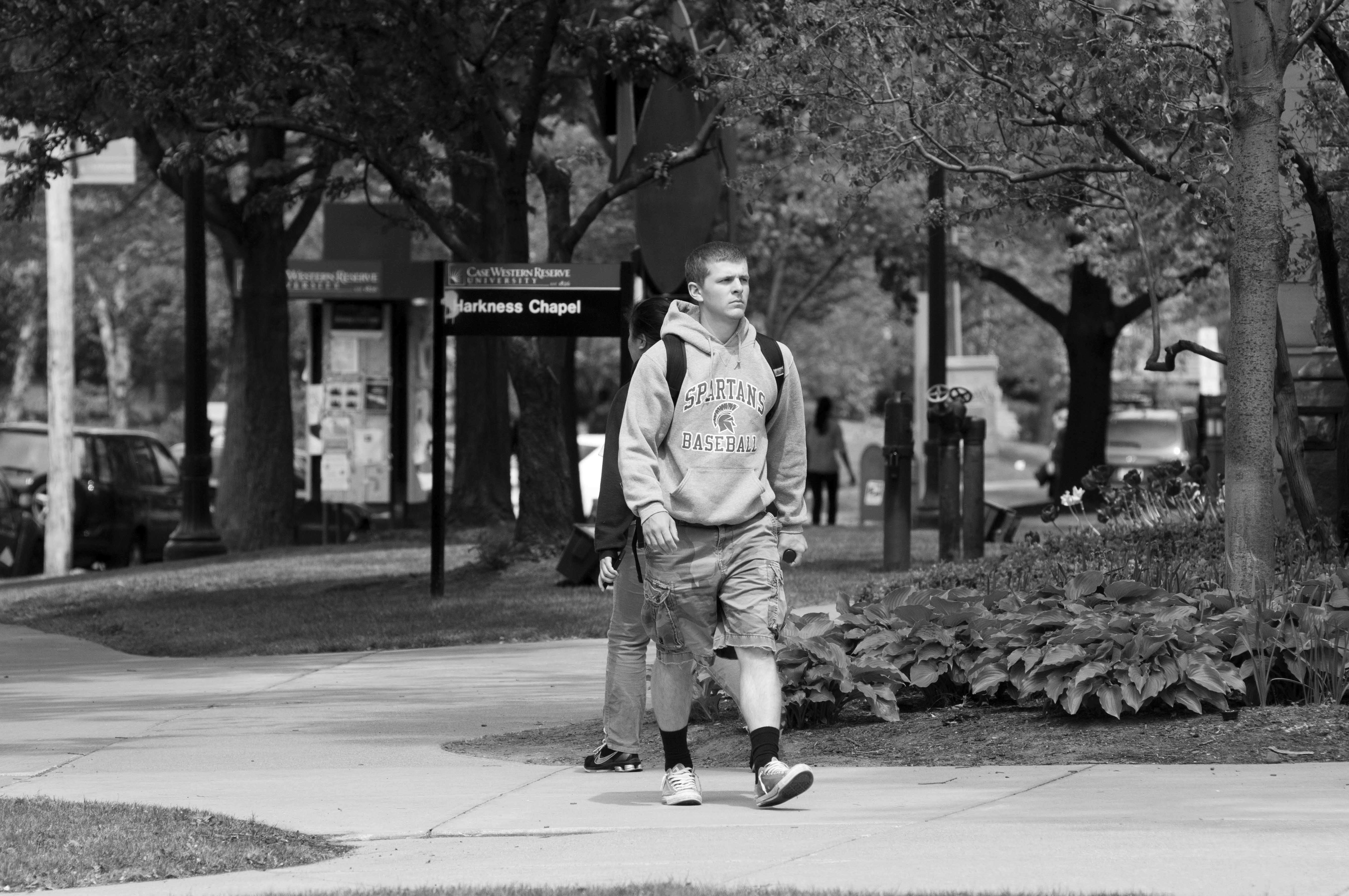This summer, approximately 20 percent of the student body will not leave the Case Western Reserve University campus, electing instead to participate in the summer term. New classes this summer appeared to attract more students than in previous years.
According to Associate Dean Molly Berger, a leader of the summer session, students are inclined to take summer classes because of the more laid back atmosphere and cheaper courses.
“It is a treat to be outdoors studying and there are not as many distractions,” she said. “And then, of course, we have those Wednesday barbecues with live music and great food.”
Another major influence for students is the cost. Courses below the 400 level are 50 percent cheaper in the summer than they are during the regular academic year.
“Taking courses in the summer can help students who pursue internships, study abroad, or take on multiple majors to stay on track towards graduating in four years, without running up another year of tuition debt,” Berger said.
Classes during the 2012 summer session are part of four, five, six and eight week programs and stagger in start time from May and June until July.
Students can reap many of the unique academic benefits from the summer atmosphere. “Summer courses usually have smaller enrollment, and students develop a closer relationship with faculty,” Berger said.
“Students are usually taking only one or two classes and thus can give their full attention to the one or two subjects instead of having to worry about finishing assignments for five or six different courses.”
New courses offered during the summer term include introductory Japanese and more offerings in the physics and chemistry departments.
Additionally, courses such as Classical Mythology, Electronic Circuits, History Museums: Theory and Reality, and Human Learning and the Brain are being offered to CWRU and visiting students.
According to Berger, 50 to 75 students from outside of CWRU take classes each year. Many of these students are pre-med students seeking to take classes in organic chemistry or biology.
According to an article from Insider Higher Ed, the number of college students nationally who take summer courses has been increasing significantly over the last ten years, as tuition costs have steadily increased.
“The summer mission is to serve students and help make the summer session as useful and productive as possible,” Berger said.


